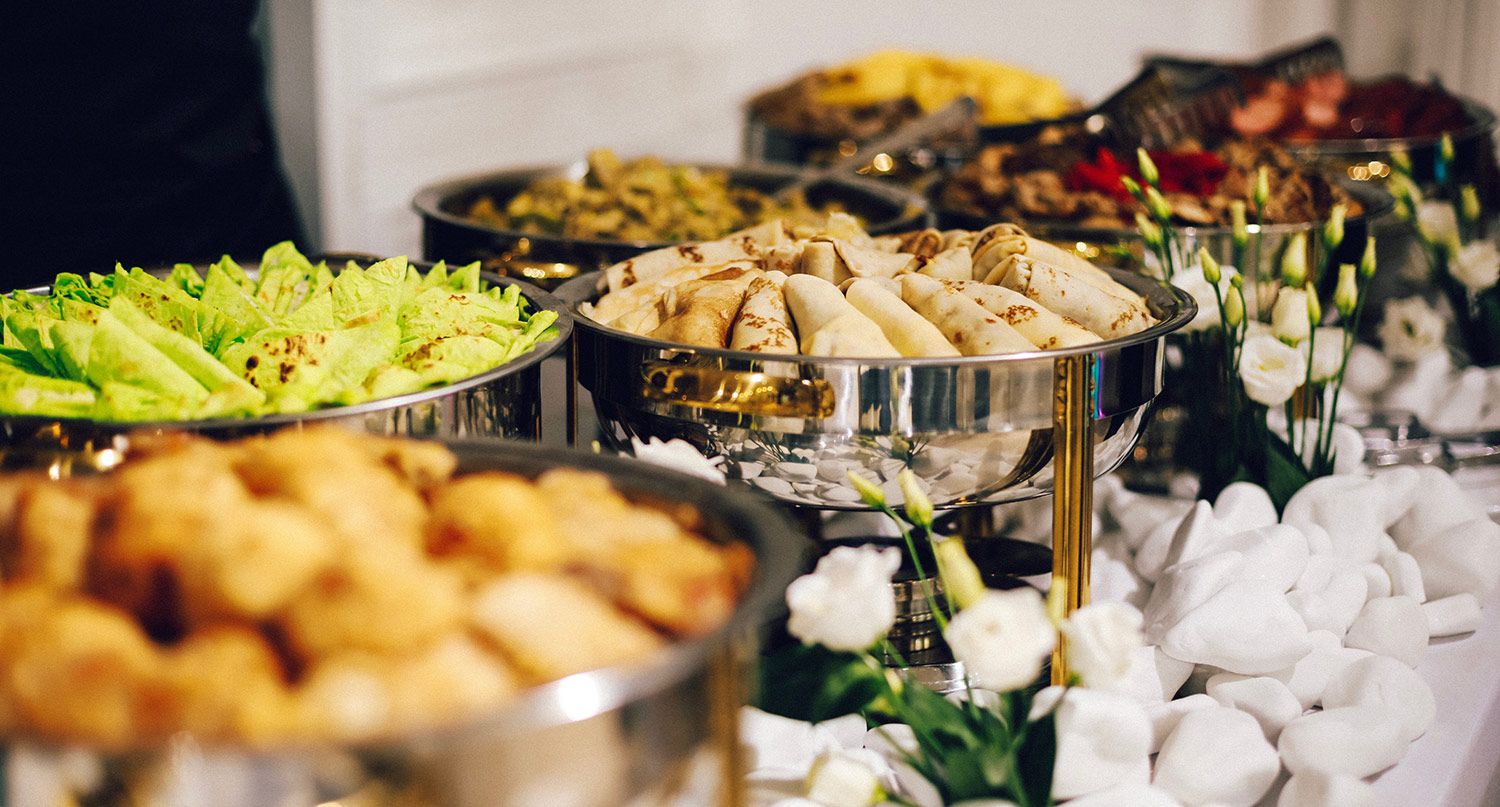As the sports side of the Live Event industry works its way through coronavirus, it’s clear that opening the doors again to ticketholders and official VIP Hospitality guests is the last piece of the match-day experience that will return.
That’s primarily to do with the risks associated with coronavirus’ human-to-human and contact transmission.And the success of coronavirus messaging has bred a very determined sense that we all need to get the public health issue right before even considering returning as paying guests to Live Events.
This CBS poll from April 20-22 of just over 2,000 people was of residents in the USA only, but instinctively feels representative of many territories with significant Live Events.If lockdown restrictions were lifted now:
- Only 13% said they would definitely return to public places over the next few weeks if restrictions were lifted right now, regardless of what else happened with the outbreak.
- Almost half — 48% — say they would not return to public places until they were confident the outbreak was over. Another 39% are ‘maybes’: they'd return depending on whether they saw the outbreak getting better.
- These views are not significantly skewed right or left in terms of politics: most Republicans are ‘maybes’ at best, as are most Democrats and independents.
What is driving forward the push for Live Events to restart sooner rather than later is that for many in sports, the largest and most urgent revenue block that has to be secured are the rights fees paid by broadcast partners. And those figures can be in the billions over multi-season deals; any long-term interruption to providing those matches and all the deals could be unpicked with ugly renegotiations and clawbacks very much in prospect.
By comparison with opening up suites and concourses, and all the F&B-handling issues this generates, delivering live broadcasts is a marginal coronavirus risk. And the broadcasts also provide a platform to honour sponsorship commitments which are just as significant contractually, but normally of less value. So two birds with one stone.
To add an additional layer of complexity, TheStadiumBusiness warned earlier this year that matchday income [revenues from ticket, official VIP hospitality and other in-venue purchases, such as merchandise] was, surprisingly, in reverse for a number of big-name clubs in the top European football leagues.[The equations for music and cultural Live Events are slightly different – significantly less broadcast income if any, and sponsors who are more likely to be flexible because of the unique, high-prestige of the Live Events being sponsored.]
So although we are likely to be some months, many months even, from a return to the unique experience of Live Events, how might the coronavirus affect the actual nature of the official VIP Hospitality on offer?
The Association of Luxury Suite Directors is a US-based professional trade body for those in the ‘premium seat’ business. Their president Amanda Verhoffhttps recently held a fascinating webinar to discuss just this issue, with a number of what were described as American ‘foodservice thought-leaders’ Chris Bigelow, Mike Plutino and Tracy Stuckrath.To give you an idea of the scope of the rethink we may all be facing, consider the humble tongs, a mainstay of self-service buffets and food stations forever. But with customers so skittish about returning, and coronavirus transmitting through contact, surely tongs are a risk too far?
Some of the issues the panel discussed and agreed on:
- Food stations will be positioned further apart to permit social distancing, or perhaps removed entirely in favour of more controlled environments;
- Customers will certainly have less interaction with food;
- Buffets and self-service stations will likely be eliminated, replaced by grab-and-go concepts and more pre-packaged products, presenting a challenge to guest expectations for variety, healthy choices, certified vegan choices and options for fans with food allergies.
Also covered, how the lockdown may force rethinks about basic food and beverage menu items to their presentation, to sustainability and recycling programmes, sanitation protocols and local restaurant partnerships, contactless payments, frontline staff anxiety, training and uniforms, as well as the increased costs of delivering a luxury experience despite the changes that will no doubt be forced by local government and health departments inspectors.
Introductions/Housekeeping Notes: 0:15
The New Normal – Food and Sanitation 6:34
Guest Questions to Expect 11:30
Future Considerations 12:30
Continue Delivering Premium Presentations 15:03
Personal Protective Equipment 20:04
Food Sourcing and Distribution 21:10
Support for Local Restaurants 23:10
Safety Before Pricing 27:07
Staffing, Training and Protocols 28:53
Contactless Payments and Other Technology Ideas 38:10
Recycling and Sustainability 40:54
What Happens to Foodservice Agreements? 44:43
When the Dust Settles 46:36


